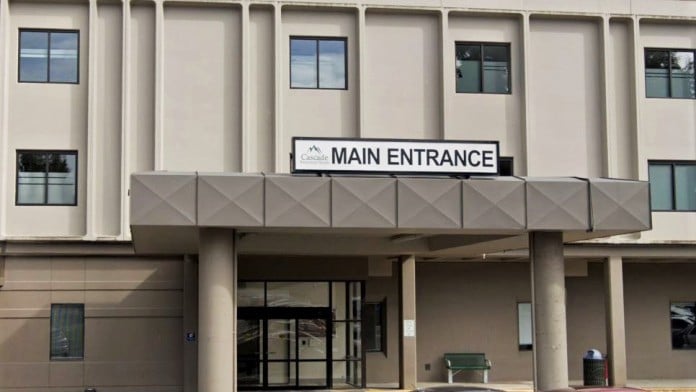This place has the worst service ever! I mean the people are friendly and hardworking, but seriously the service can do a lot better.
About Kitsap Mental Health Services
Kitsap Mental Health Services is located in Bremerton, Washington. This is a Certified Community Behavioral Health Clinic (CCBHC) that offers outpatient treatment for substance use and co-occurring mental health disorders. Their services include medication assisted treatment (MAT). The outpatient programs are for adults 18 and older.
The center accepts commercial insurance and Medicaid and Medicaid Managed Care Organizations. If you don’t have insurance then they’ll help you determine whether you’re eligible for Medicaid. They also offer a sliding fee payment schedule.
In addition to regular outpatient substance use and mental health treatment programs, one of the unique services offered here is the solution focused brief therapy program. Through this program, you’ll pair with a therapist and build a vision for your future. You’ll set goals and identify your skills and strengths to help you move toward your envisioned future. Most people meet with their therapist once or twice a week for about six months.
They also have the Program for Assertive Community Treatment (PACT). In this program, you’ll get intensive individualized mental health support through a team. This is for those with chronic and severe mental health challenges that interfere with normal daily activities. Participants learn to engage and live successfully within the community. The team helps individuals with employment, housing, and social connections. Treatment includes evidence based therapies for substance use and co occurring mental health conditions.
Another unique treatment offering is Transcranial Magnetic Stimulation (TMS) for people with treatment resistant depression. The sessions last between three and 20 minutes and are not invasive. You’ll be awake during treatment and able to drive yourself home. TMS is safe, has few side effects, and is for people who have tried multiple antidepressants without success.
Their Kitsap Clubhouse serves people with severe mental illness. Kitsap County residents who are 18 and older can join no matter their income or insurance status and they don’t have to be clients at Kitsap. Members work with staff to run the Clubhouse. Clients learn employment skills while building peer connections. Clients get connected to housing opportunities and supported employment.
Latest Reviews
Rehab Score
Gallery
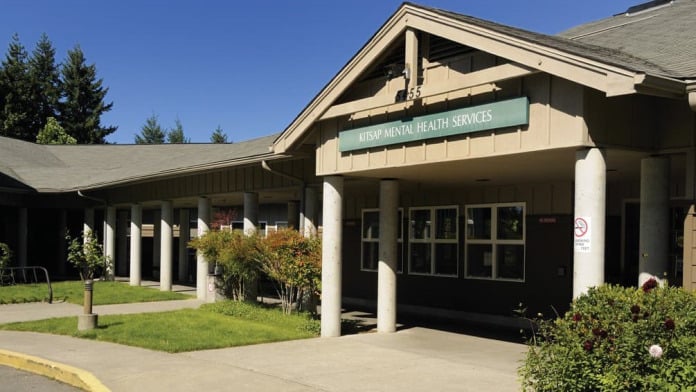
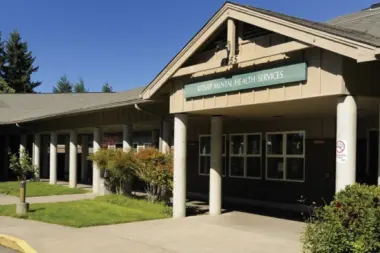
Accepted Insurance
Other Forms of Payment
Medicaid is a state based program that helps lower-income individuals and families pay for healthcare. Medicaid covers addiction treatment so those enrolled can use their coverage to pay for rehab. When a program accepts Medicaid the client often pays very little or nothing out of their own pocket.
Self-pay involves paying for treatment out of your own pocket. You can use savings or credit, get a personal loan, or receive help from family and friends to fund your treatment. If you don't have insurance or your insurance plan doesn't cover a specific program, self-pay can help ensure you still get the care you need.
Financial aid can take many forms. Centers may have grants or scholarships available to clients who meet eligibility requirements. Programs that receive SAMHSA grants may have financial aid available for those who need treatment as well. Grants and scholarships can help you pai for treatment without having to repay.
Sliding scale payments are based on a client's income and family size. The goal is to make treatment affordable to everyone. By taking these factors into account, addiction recovery care providers help ensure that your treatment does not become a financial burden to you or your family, eliminating one barrier to care.
Addiction Treatments
Levels of Care
Outpatient Programs (OP) are for those seeking mental rehab or drug rehab, but who also stay at home every night. The main difference between outpatient treatment (OP) and intensive outpatient treatment (IOP) lies in the amount of hours the patient spends at the facility. Most of the time an outpatient program is designed for someone who has completed an inpatient stay and is looking to continue their growth in recovery. Outpatient is not meant to be the starting point, it is commonly referred to as aftercare.
Drug and alcohol addiction often takes a heavy toll on one's body. Over time, a physical dependence can develop, meaning the body physiologically needs the substance to function. Detox is the process of removing drugs and/or alcohol from the body, a process that can be lethal if mismanaged. Medical detox is done by licensed medical professionals who monitor vital signs and keep you safe, healthy, and as comfortable as possible as you go through detox and withdrawal.
Intensive Outpatient Programs (IOP) are for those who want or need a very structured treatment program but who also wish to live at home and continue with certain responsibilities (such as work or school). IOP substance abuse treatment programs vary in duration and intensity, and certain outpatient rehab centers will offer individualized treatment programs.
Treatments
The goal of treatment for alcoholism is abstinence. Those with poor social support, poor motivation, or psychiatric disorders tend to relapse within a few years of treatment. For these people, success is measured by longer periods of abstinence, reduced use of alcohol, better health, and improved social functioning. Recovery and Maintenance are usually based on 12 step programs and AA meetings.
Effective drug rehab in Washington integrates care for the whole person, offering comprehensive solutions to addiction. Treatment methods address mental, physical, and relational aspects of substance abuse.
Many of those suffering from addiction also suffer from mental or emotional illnesses like schizophrenia, bipolar disorder, depression, or anxiety disorders. Rehab and other substance abuse facilities treating those with a dual diagnosis or co-occurring disorder administer psychiatric treatment to address the person's mental health issue in addition to drug and alcohol rehabilitation.
A combined mental health and substance abuse rehab has the staff and resources available to handle individuals with both mental health and substance abuse issues. It can be challenging to determine where a specific symptom stems from (a mental health issue or an issue related to substance abuse), so mental health and substance abuse professionals are helpful in detangling symptoms and keeping treatment on track.
Opioid rehabs specialize in supporting those recovering from opioid addiction. They treat those suffering from addiction to illegal opioids like heroin, as well as prescription drugs like oxycodone. These centers typically combine both physical as well as mental and emotional support to help stop addiction. Physical support often includes medical detox and subsequent medical support (including medication), and mental support includes in-depth therapy to address the underlying causes of addiction.
Programs
Adult rehab programs include therapies tailored to each client's specific needs, goals, and recovery progress. They are tailored to the specific challenges adult clients may face, including family and work pressures and commitments. From inpatient and residential treatment to various levels of outpatient services, there are many options available. Some facilities also help adults work through co-occurring conditions, like anxiety, that can accompany addiction.
Clinical Services
Group therapy is any therapeutic work that happens in a group (not one-on-one). There are a number of different group therapy modalities, including support groups, experiential therapy, psycho-education, and more. Group therapy involves treatment as well as processing interaction between group members.
Trauma therapy addresses traumatic incidents from a client's past that are likely affecting their present-day experience. Trauma is often one of the primary triggers and potential causes of addiction, and can stem from child sexual abuse, domestic violence, having a parent with a mental illness, losing one or both parents at a young age, teenage or adult sexual assault, or any number of other factors. The purpose of trauma therapy is to allow a patient to process trauma and move through and past it, with the help of trained and compassionate mental health professionals.
Staff

Monica Bernhard
CEO

James B. Hughes, MD
Chief Medical Officer
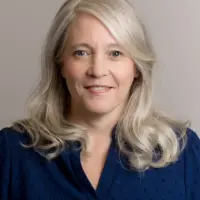
Kathryn Felix
Chief Clinical Officer
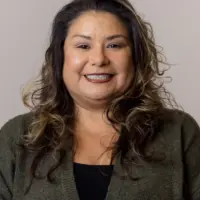
Nadine Randklev
Chief Compliance Officer

Wil Bruce
Senior Director of Information Services

Mark Hughes
Senior Director of Communications
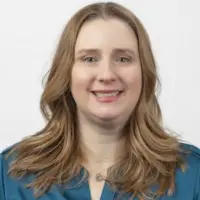
Stephanie Lewis
Senior Director of 24/7 Services

Abigail Stevenson
Senior Director of Child and Family Services

Paula Womack
Senior Director of Adult Outpatient Services
Contact Information
5455 Almira Drive Ne
Bremerton, WA 98311













